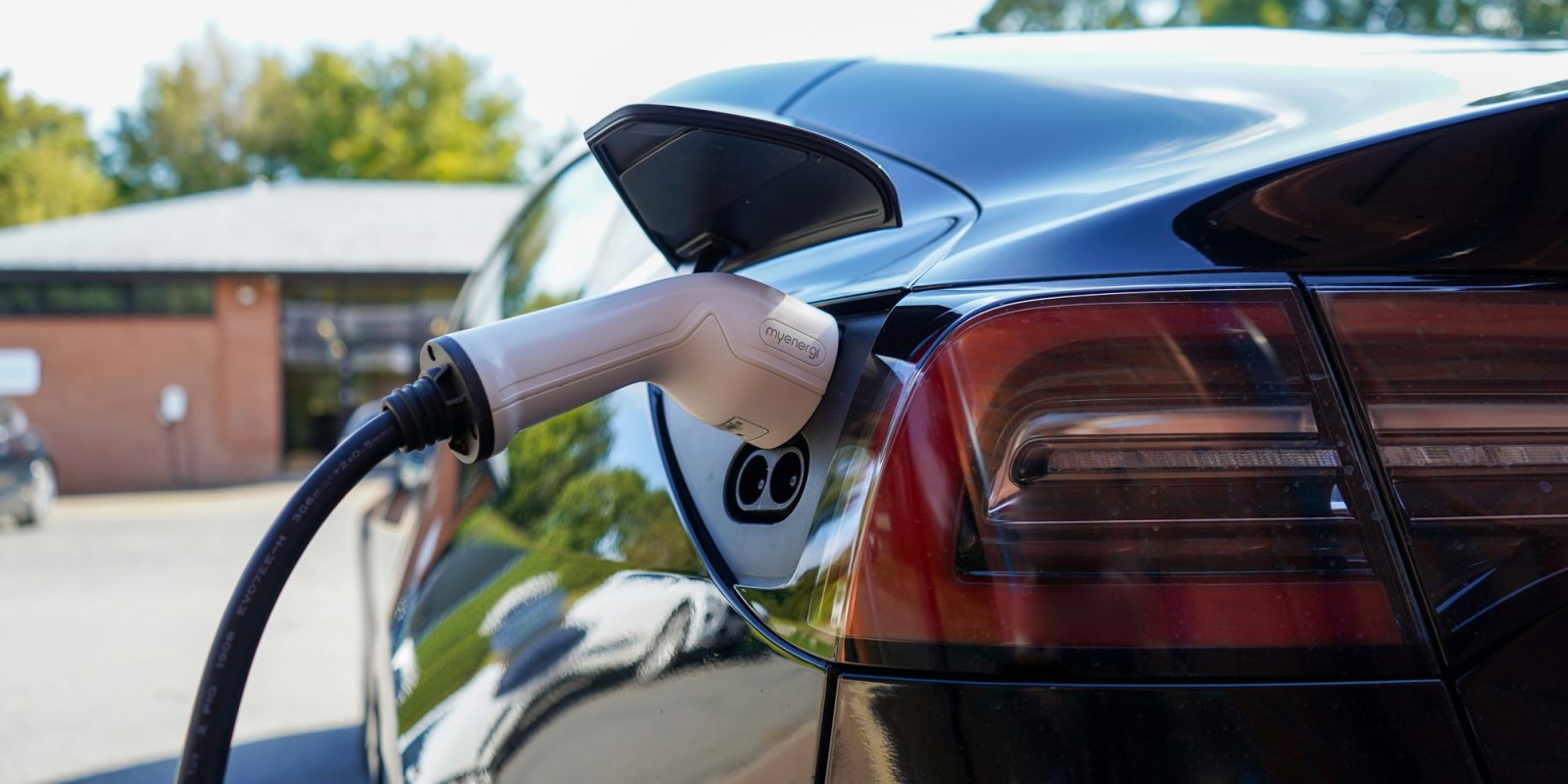
A new survey conducted by YouGov has showed that belief in EV myths is holding back adoption, with most petrol car drivers scoring just a 2/10 in a quiz about how electric cars work.
The survey was commissioned by the Energy and Climate Intelligence Unit (ECIU), an independent nonprofit in the UK.
Conducted by YouGov, it asked 1,000 UK petrol/diesel car drivers ten questions about electric cars, mainly focused on popular pieces of misinformation that has been pushed by the oil industry and other entities that oppose cleaner, better vehicles.
The survey found that this misinformation is alive and well – and particularly alive and well among drivers who haven’t driven an EV.
Out of the petrol drivers surveyed, a majority of them, 57%, were only able to answer 2 out of 10 questions correctly, and 90% got less than half correct. There were a lot of “unsure” answers, so this doesn’t mean they got 8 wrong, but that’s still a pretty high failure rate. 23% of petrol drivers got zero questions right.
While we don’t have access to all the data and questions, here are some of the questions that ECIU highlighted:
- Nearly two-thirds (62%) of petrol drivers believe it’s more expensive to own and run an EV, with only 14% correctly recognising that EVs are typically cheaper. A report from ECIU found that the drivers of the top 10 selling petrol cars of 2023 can find themselves paying a petrol premium of £700 a year in running costs, compared to an equivalent electric car.
- 41% of petrol drivers incorrectly think that EVs are more likely to catch fire than petrol cars, with only 24% correct in their understanding that they are less likely to catch fire. Evidence from EV Fire Safe indicated that EVs are more than 80 times less likely to catch fire than petrol or diesel cars.
- More than half (59%) of petrol drivers thought the UK’s electricity grid “will not be able to cope” with the UK’s shift to EVs, whereas only one in five (20%) correctly identified this statement as false. The National Grid has explicitly labelled this a ‘myth’ and is clear that the power system will be able to cope with millions more EVs in the UK.
- 80% of petrol drivers think the UK is not on course to install the charging infrastructure it needs, despite the country being ahead of schedule to hit its target of 300,000 chargers on the UK’s roads by 2030.
- More drivers (35%) incorrectly believed that an EV’s lifetime CO2 emissions are no less than those of a petrol car than correctly identified this statement as false (32%). An EV being driven in the UK produces three times less lifetime CO2 emissions that an equivalent petrol or diesel car.
More EV knowledge = greater purchase intent
But the point here is not that non-EV drivers are ignorant. It’s to show how these falsehoods are affecting EV uptake, which in turn means worse air quality and worse effects of climate change for everyone on Earth.
Of the drivers who scored the highest – 8/10 or more correct answers – 64.6% of them said they want their next car to be an EV. But of the drivers who scored 2/10 or less, only 6.1% wanted their next car to be an EV. So those with the most accurate information were 11 times more likely to want an EV than those who had fallen victim to misinformation.
This shows that widespread misinformation is affecting people’s purchasing decisions, and keeping them from buying a vehicle that can not only save them money on fuel and maintenance costs, but also save all of society from the health costs of pollution.
Electrek’s Take
While this survey was conducted in the UK, we’ve seen similar surveys before over the years, showing that EV misinformation has quite a significant hold on the populace in various countries.
Unfortunately, the misinformation mentioned here is quite persistent because it is constantly being repeated by powerful entities which don’t want the status quo to change.
Even though it’s clear we need to change how transportation works because of the massive amount of pollution it causes, leading to poor health and climate change, polluting industry would rather things keep going the same way they always have. So members of the richest and most powerful industries in the world, oil and automotive, are perfectly happy to push all sorts of misinformation in order to oppose a change that is coming no matter what they do.
That’s why sites like ourselves exist – to try to demystify electric cars for people who are interested, to counter this misinformation, and to hopefully bring more people into that “high-scoring” category, so that we can all gain the individual and societal benefits that EV ownership can result in.
So if you are one of these petrol car drivers – stick around, read some articles, ask questions in the comments, head to EV-specific forums on the internet, head to EV events like National Drive Electric Week, or just reach out to some EV owning friends of yours and ask them what the experience is like.
Another cool thing about EVs is that you can charge them at home using rooftop solar panels. Find a reliable and competitively priced solar installer near you on EnergySage, for free. They have pre-vetted installers competing for your business, ensuring high-quality solutions and 20-30% savings. It’s free, with no sales calls until you choose an installer. Compare personalized solar quotes online and receive guidance from unbiased Energy Advisers. Get started here. – ad*
